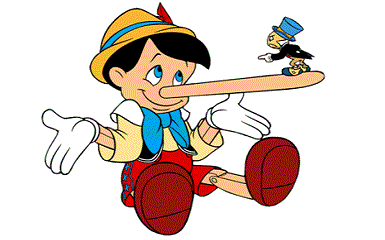Issues Evident in Contemporary Internet & Social Media Research
This blog is part of the series Usability in the Real World: Ethics in Usability Research Abstract: While there are many cases for a ‘unified code’, the information science and technology industry hardly has centralized ethics codes. There are two, significant explanations that intend to offer the possibilities for the absence of the so-called ‘unified code’. […]
Issues Evident in Contemporary Internet & Social Media Research Read More »

